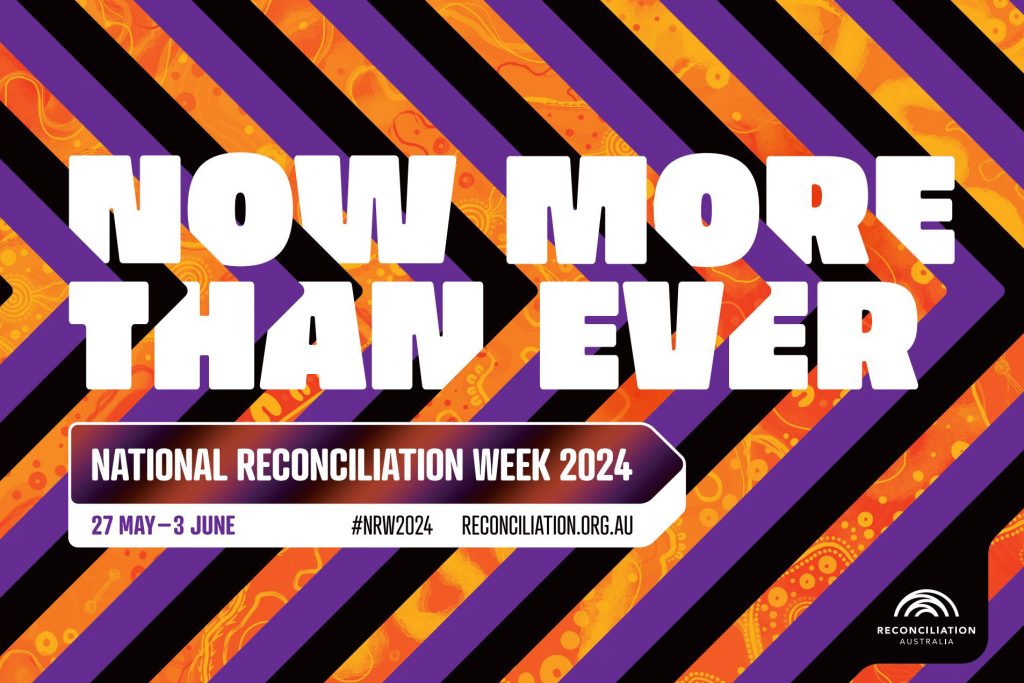
National Reconciliation Week takes place on 27 May – 3 June with the theme Now More Than Ever.
National Reconciliation Week (NRW) is a time for all Australians to learn about our shared histories, cultures, and achievements, and to explore how each of us can contribute to achieving reconciliation in Australia. It is a reminder to all of us that no matter what, the fight for justice and the rights of Aboriginal and Torres Strait Islander people will —and must —continue.
The start and end dates, 27 May and 3 June, were chosen for their historical significance: 27 May marks the anniversary of the 1967 referendum in Australia, and 3 June marks the anniversary of High Court of Australia judgement on the landmark Mabo v Queensland case of 1992, which recognised native title in Australia for the first-time, debunking terra nullius incognito (unpeopled land).
What is the purpose of reconciliation?
Reconciliation means acknowledging Aboriginal and Torres Strait Islander peoples as the First People of this land and recognising that these peoples were dispossessed, persecuted and oppressed as a result of colonisation in Australia.
The week enables us to move beyond policies and practices of the past and present to create change.
As Shannan Dodson, CEO of the Healing Foundation and a Yawaru woman says; “It is not the counting of anniversaries that future generations will be shaped by, it is the actions we take and the change we make.”
You can find out more by visiting the National Reconciliation Week website.
To view the Sisters of Saint Joseph Reconciliation Action Plan visit – SOSJ Innovate Reconciliation Action Plan June 2023-June 2025 (flippingbook.com)
Kay McPadden rsj
Congregational RAP Group
